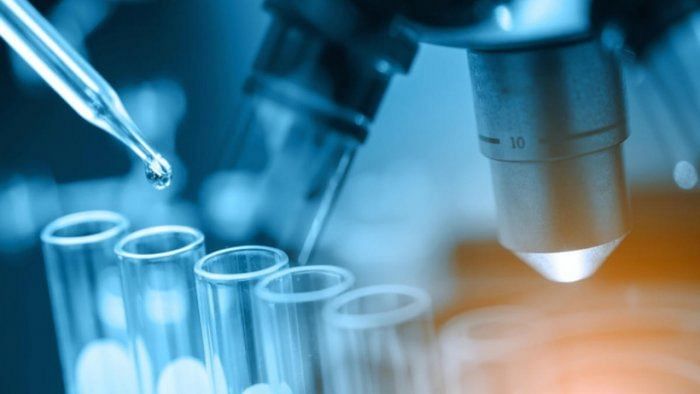
Nearly 70% of the Department of Science and Technology’s research grant goes to only seven states including Karnataka, demonstrating the non-equitable distribution of resources, according to a panel of lawmakers that asked the DST to go back to the drawing board to correct the skewed distribution.
Karnataka, Andhra Pradesh, Maharashtra, Uttar Pradesh, Delhi, Tamil Nadu and West Bengal are the states that grabbed the lion’s share of DST’s funds for extramural research in the last three financial years.
Their shares were 72.4% in 2019-20, dropped marginally to 64% in 2020-21 but jumped again to 72% in the ongoing fiscal, as per the data that DST shared with the Parliamentary Standing Committee on Science and Technology.
On the other side of the spectrum, the collective share of five large and populous states – Madhya Pradesh, Chhattisgarh, Jharkhand, Bihar and Rajasthan – was 4.56% in 2019-20, 8% in 2020-21 and 6% in 2021-22.
If Punjab and Odisha are added to the second list, the collective share of the second group of seven states would be 8.45%, 14.02% and 9.67% respectively for the three fiscals.
"DST funding is always competitive. An expert panel decides on the funding support depending on the quality of projects. The states should give more importance to scientific studies and create a culture of research in their institutions,” Ashutosh Sharma, who retired as the DST secretary last year, told DH.
The Parliamentary panel, headed by Congress leader Jairam Ramesh, asked the DST to go back to the drawing board and carve out measures for a more equitable distribution of resources of the department to the under-served states. The Committee emphasises special efforts may be made for the North-East.
A comparison between Madhya Pradesh and West Bengal shows both had 218 approved projects in the last three years, but the funds (Rs 286.5 crore) received by West Bengal is more than double the money that went to Madhya Pradesh (nearly Rs 120 crore). This may be an indication of the scope and scale of the projects that came from Bengal institutions.
“For correction, the states need to recruit better quality scientists in their institutions and reward them. The quality of research would always depend on the quality of scientists and students,” Sharma explained.
When some of the MPs asked the Department of Biotechnology officials about the number of DBT research associated in the eastern states, they were informed that there was no such scientist in Chhattisgarh and only one in Jharkhand. There are five DBT research associates in Bihar and 18 in West Bengal. DBT had a target of having 100 such associates in 2021-22 but could find only 38 from all over the country.
The Parliamentary Committee advised DBT to prioritise its activities as much as possible so that the under-served states that are lacking institutions can benefit more from such initiatives and resolve the regional imbalances in the field of scientific research.
Watch the latest DH Videos here:
